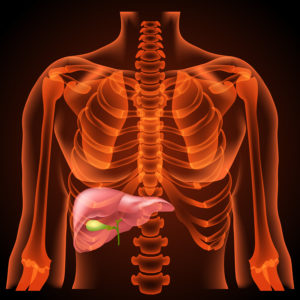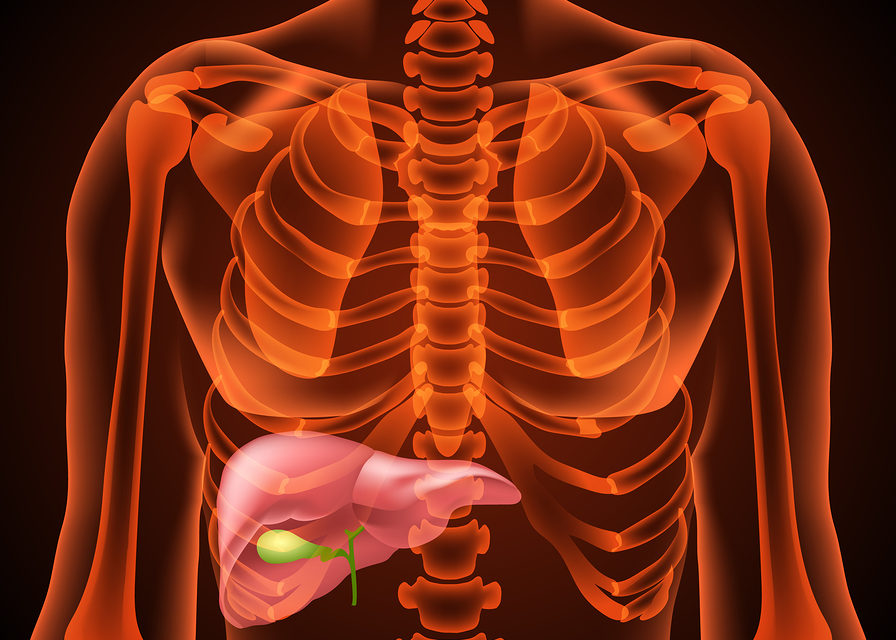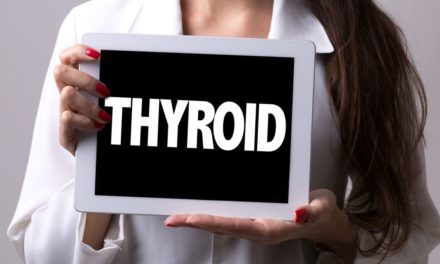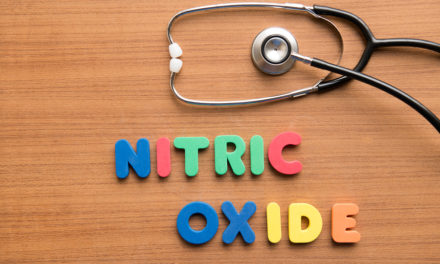 Carnitine exists in two stereoisomers. L-carnitine is the biologically active form. Its enantiomer, D-carnitine, is biologically inactive. It is biosynthesized from the amino acids lysine and methionine. In living cells, it is required for the transport of fatty acids from the cytosol into the mitochondria during the breakdown of fats for the generation of metabolic energy.
Carnitine exists in two stereoisomers. L-carnitine is the biologically active form. Its enantiomer, D-carnitine, is biologically inactive. It is biosynthesized from the amino acids lysine and methionine. In living cells, it is required for the transport of fatty acids from the cytosol into the mitochondria during the breakdown of fats for the generation of metabolic energy.
In research that appeared in Diabetology & Metabolic Syndrome (2011 Nov 15; 3:31), the therapeutic effect of L-carnitine on nonalcoholic fatty liver disease in streptozotocin-induced type 2 diabetic mice. The mice were divided into five groups. One group acted as a control. Another had type 2 diabetes induced, without treatment. One group was pre-treated with 125 mg/kg of L-carnitine prior to streptozotocin exposure. Two of the groups were treated with either 125 mg/kg of L-carnitine or 250 mg/kg of L-carnitine. The researchers determined that supplementation with L-carnitine increased levels of Acetyl L-carnitine and L-carnitine in the liver. They also found that L-carnitine supplementation may benefit fatty liver resulting from type 2 diabetes by increasing fatty acid oxidation and protecting mitochondrial function in the liver.
Research appearing in the World Journal of Gastroenterology (2011 Oct 21; 17(39): 4414-20) looked at L-carnitine supplementation for hepatitis C. The 69 subjects were hepatitis C patients who were being treated with interferon a plus ribavirin. They were divided into two groups. For 12 months both groups received their drug therapy, but one group also was supplemented with L-carnitine. All patients underwent laboratory investigations including: red cell count, hemoglobin, white cell count, platelets, bilirubin, alanine aminotransferase (ALT), aspartate aminotransferase (AST), and viremia. The group treated with L-carnitine had better AST (76.8 vs 108.8) and ALT (112.3 vs 137.9) values. There were also improvement in platelet, RBC and WBC counts, and in hemoglobin levels. The researchers concluded, ” L-carnitine supplementations modulate erythropoiesis, leucopoiesis and thrombocytopoiesis, and may be useful in patients treated for HCV. L-carnitine treatment offers the possibility of achieving a sustained virological response while preventing overtreatment. ”






